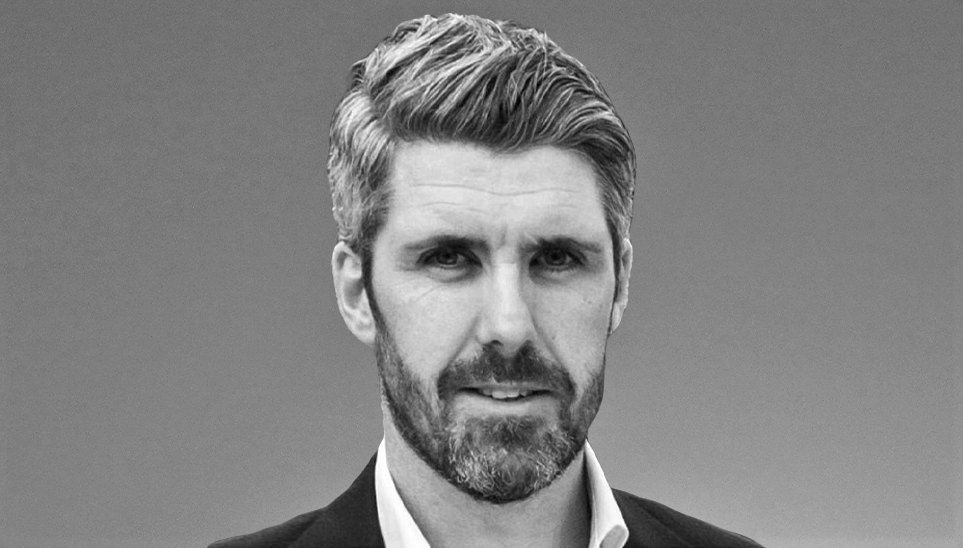Many readers of ETF Stream will have dreamt of starting their own ETF business but few will actually end up doing so. The comfort of a regular salary and staying within your comfort zone is a safety net not many people are willing to give up on, and the process of starting a business where scale is a premium is a daunting task.
Having said that, the industry does need more entrepreneurs. More people to challenge the status quo and think differently. I recently spoke to people who were already doing that and below is a snapshot of what they had to say.
Why launch your own ETF business?
This answer to this question could apply to any business really and usually comes down to two things:
Identifying a gap in the market
Having absolute conviction, belief and passion for what you are doing
In the case of Michael John Lytle, founder and CEO of Tabula Investment Management, he believed that fixed income as an asset class was getting a bum deal and being overlooked by investors. He launched an asset management business to address that gap, and ETFs are the most efficient vehicle to bring investors unique fixed income solutions in his opinion.
Like his co-founders, Stuart Forbes of Rize ETF, had long harboured an entrepreneurial bent. They saw both a market-specific opportunity to continue driving innovation in the thematic ETF space in Europe and had high confidence in their ability to execute as a result of their track record in building successful products and their experience and complementary skills across the ETF ecosystem.
What are the main challenges with launching your own firm?
Securing funding, hiring talent, building scale, developing a brand, are just some of the many issues, founders have to deal with when starting out. Having the ability to hold your nerve and stick with the plan is an absolute necessity as well.
Anyone who studies business will know that the number one reason start-ups go out of business is because they run out of money. As one founder put it “it is hard to launch your own shop. You need deep pockets, at least 5 years funding” or as Hector McNeil, co-founder and co-CEO of HANetf put it “it takes twice as long and costs twice as much than what you originally thought and that is when you are successful”.
So being well funded is obviously a key requirement. Easier said than done though. Finding investors who share your vision, trust your execution capabilities and are willing to let you run your business according to your vision is a challenging process that all founders have to go through.
Equally difficult is finding an asset servicing partner. Will Rhind, founder and CEO of GraniteShares, found that service providers do not want to deal with start-ups – too much risk and not enough upside.
Another founder, Will Hershey, founder of Roundhill Investments in the US, said “most asset servicing firms expect you to fail so are hesitant to invest the time and effort into you”.
Stuart Forbes mentioned that, as a start-up, your bargaining power is miniscule as asset servicing providers expect you to fail. From a service provider’s perspective, onboarding a new ETF issuer requires the establishment of a huge project team and months of internal resourcing to progress the build of the infrastructure needed to support you.
Given the risk, the fees that service providers try to charge newcomers can be substantially higher than what established managers are paying. So, there are huge barriers to entry for start-ups. Accordingly, it is essential for start-ups to have deep pockets and, if possible, strategic investors backing them who can add weight to their negotiations with service providers.
A number of founders commented that “business is business and your old relationships do not work anymore when you go out on your own”. So, bear in mind, no matter how well connected you think you are, do not expect to benefit from those relationships to the same extent once you no longer have a big established name behind you. The people you are negotiating with will be looking at your new start-up objectively and assessing things based on their perception of how successful (or not) they think you will be.
What is it like attracting talent to a small firm?
Attracting talent to a new business can have its challenges. Some people are incredibly excited about the prospect of being able to make a meaningful impact to something new, whereas others fear uncertainty and a lack of job security.
The one thing that is true for all start-ups though is hire like your life depends on it and make sure you get the right people to fit the culture.
Lytle is a big believer in thinking outside the box when it comes to hiring. “Hire on skillset and potential rather than their book of business”. Will Rhind is another big advocate of that strategy. “Finding the stars of the future” is what he believes is the best approach to finding talent. Investing in these people at the beginning pays dividends down the line.
Martijn Rozemuller, founder of ThinkETF (which was subsequently taken over by VanEck), had to adopt a similar strategy when faced with finding talent in a small Dutch market with a limited talent pool and limited salary budget. His solution was focused on hiring interns and training them up. Some of those interns are still with him to this day.
View From The Desk: Why the capital markets function is so important
One of the biggest advocates of all for hiring outside of the ETF industry is Hector McNeil together with his co-founder and co-CEO Nik Bienkowski. There are many people in the industry today who learned their trade via the university of Hector and Nik.
What advice would you give to anyone thinking of launching their own ETF business?
Will Rhind: “Only launch if you think you can add value to the client. Don’t be put off by the argument you need scale to compete in the ETF market. Scale is overrated. If you have a focused strategy and the right distribution, then you can succeed. BUT you must be persistent”.
Hector McNeil: “If you are planning on launching then do it quick. You can only control your ability to work hard and smart. Luck and timing are out of your control. You cannot plan for everything”.
MJ Lytle: “There is no easy money out there. No matter how experienced you think you are there will still be lots of things to learn about. You better believe deeply in your value proposition. Recognise what you are not good at and hire quickly to fill the gaps”.
Martijn Rozemuller: “As with everything you need an element of luck. Launching unique products may seem like a great idea but you must be able to explain them to your clients”.
Stuart Forbes: “Firstly, like with any business, your product needs to be good. So, you need to have a strong niche and value proposition. However, in order to make your business successful, it is essential that your team has the experience and, more importantly, the grit and determination, to overcome the challenges and deliver”.
Will Hershey: “Find a different way of doing things. The industry consensus is ETFs are sold, not bought but we do not buy that. A digital marketing, content-focused, social media approach to business development is where we see the future”.
On a final note, all founders agreed that getting the distribution model right is key to the success of any business. Achieving the point of “escape velocity”, whereby fund size no longer becomes a barrier, is where the magic begins to happen. It takes blood, sweat and tears to get to that point, but for those who achieve it then it all becomes worth the effort.
View From The Desk is a new series whereMichael O'Riordan, founding partner ofBlackwater Search, a specialist ETF and digital asset executive search firm, examines the key trends taking place across the European ETF industry from a people's perspective.



